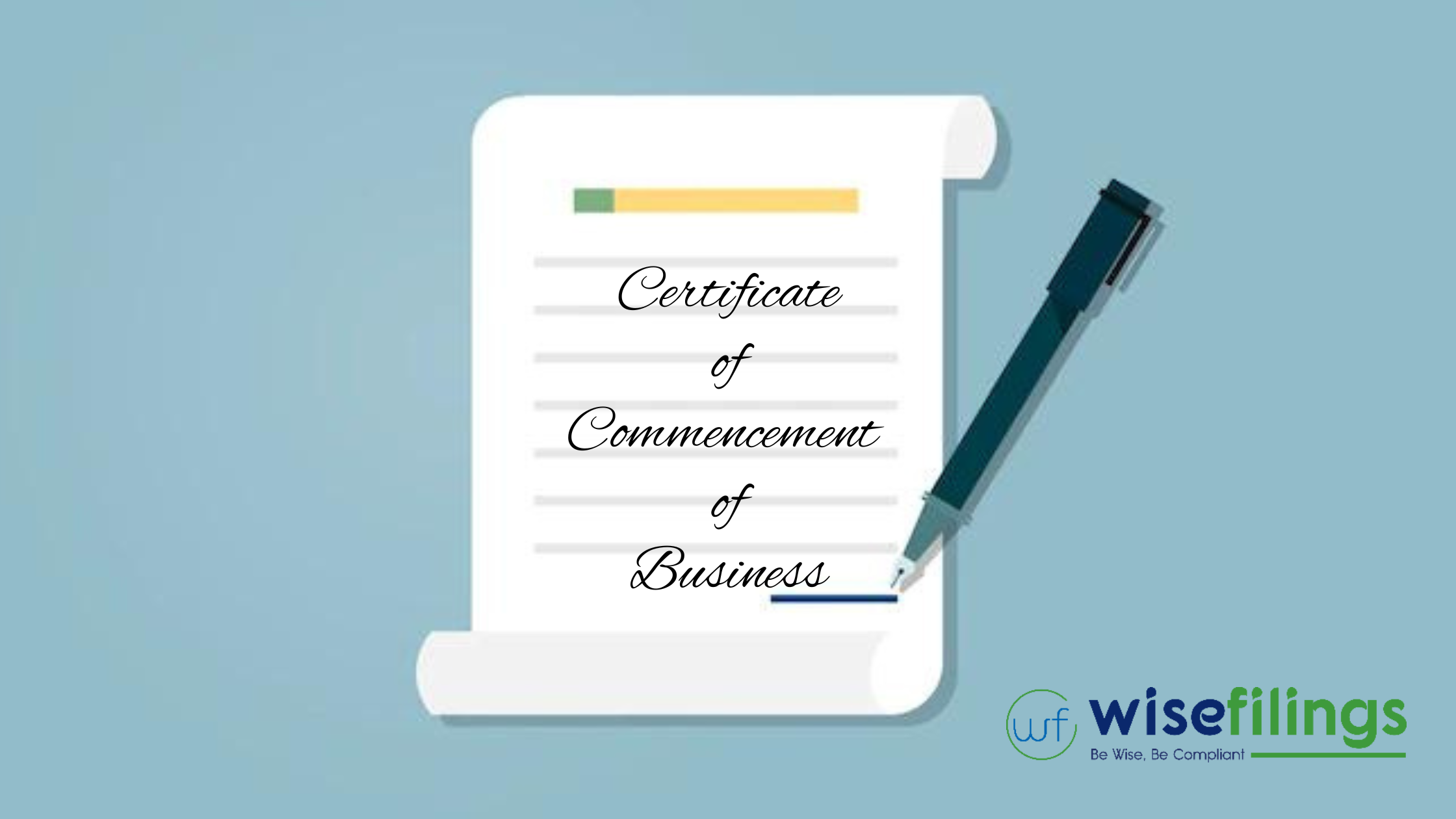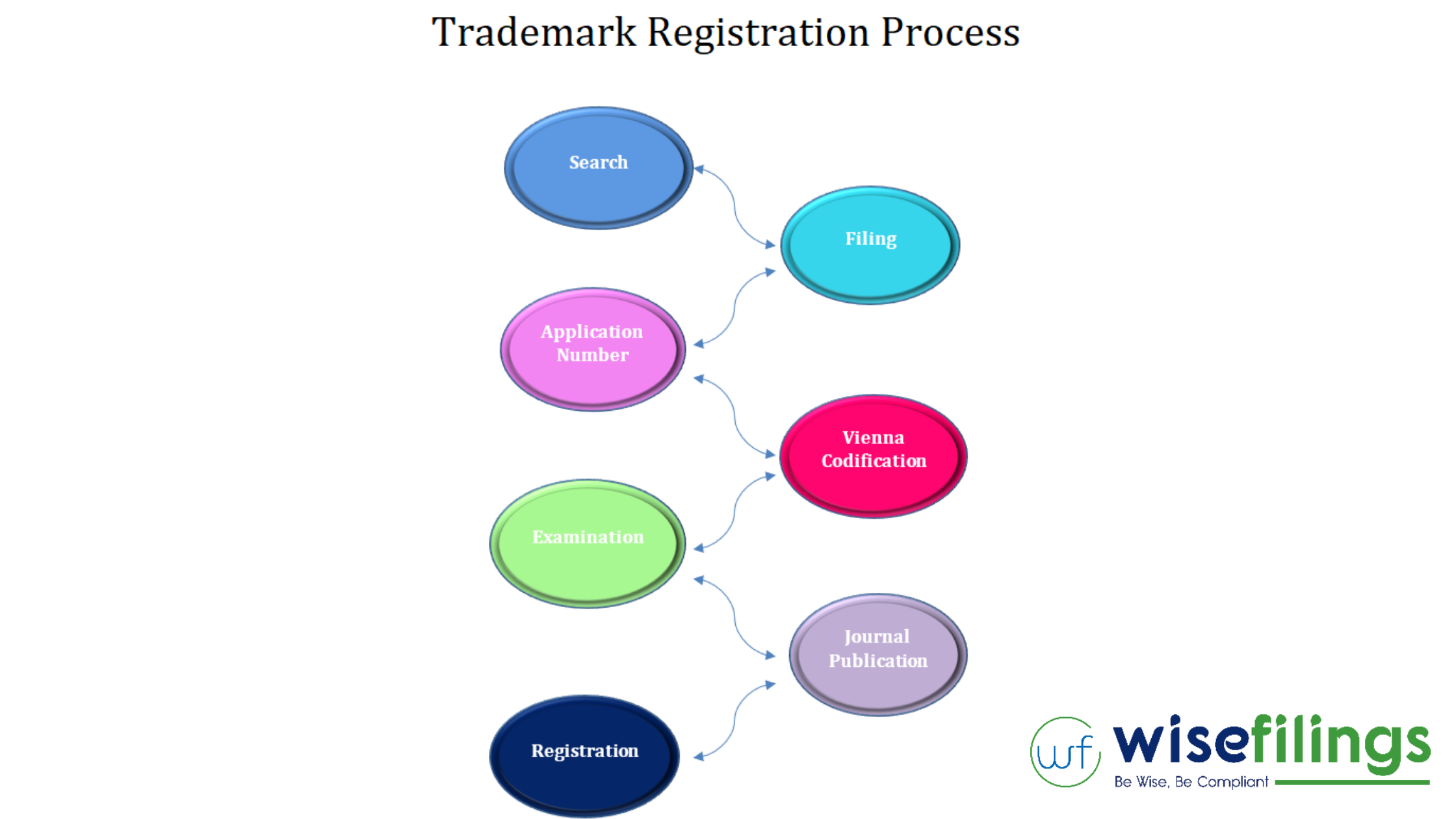4 Ultimate Facts About Sole Proprietorship Firm Registration

There are many forms of legal entity in India among which the simplest one is the sole proprietorship firm about which we are going to discuss here.
Meaning
A sole proprietorship firm is an unregistered and unincorporated entity that is owned, managed, and controlled by one person. The micro and small businesses that are operating as an unorganized sector generally prefer registering as a sole proprietorship.
It is a very simple and easy process of a sole proprietorship firm registration because it has very few regulatory compliances for conducting the business. This is also ideal for entrepreneurs who are stepping into the business with few clients.
A sole proprietor is the owner of the sole proprietorship and he is recognized as an entity just like the business. And as the owner of the sole proprietor that individual is entitled to all the business’s revenue.
So, the proprietorship is completely under the control of the owner. To start and operate the business the owner of the sole proprietorship has to obtain some permits and licenses which will depend on the state, locality, and industry.
Required Documents
The registration for a sole proprietorship is very easy and can be done online. All you need to submit the required documents and complete the registration process.
The documents are as follows,
- PAN card or Aadhar card of the applicant for identity proof
- And passport-sized photographs of the applicant
- With that registered office, proof is required, if the office is on rent then rent agreement also
- Bank account details
These are all the documents required for the registration of sole proprietorship. So, it is advisable to prepare a hard copy, with soft copy and originals handy, so that when required you can provide them.
Benefits of Sole Proprietorship firm
The sole proprietorship offers various benefits after the registration to individuals. These are some of them,
- Complete Authority: A proprietorship firm is operated and owned by only one person. So, the owner has full authority and can take all the necessary decisions for the firm, without involving any other person.
- Easy Establishment: It is easy to set up a proprietorship firm, because no registrations are required, to start a proprietorship, and it can create and receive payments from clients very easily.
- Easy Closure: If a person has to cease operation of the proprietorship, then it’s easy to wind up which saves time and cost also.
- Minimum compliance: One significant advantage of the registration of a proprietorship firm is that it doesn’t require any additional compliance in most cases. Also, the PAN of the proprietorship firm and proprietor are the same so in most cases, only income tax returns in the form of ITR3 must be filed every year.
- Minimum fund requirement: Starting a proprietorship firm requires very little investment. So anyone who wants to start and run a business with low funds can choose proprietorship as no investments are involved.
- Less government interference: Sole proprietorship firms adhere to a few regulatory requirements. Unlike other corporations, the entities do not need to spend time and resources on various government requirements like financial information reporting to the general public.
How to register
Starting a sole proprietorship in India is simple and easy if all the compliances are properly met. For that first decide the suitable business name and a suitable business location designated as the place of doing business should be selected. There is no special Act enacted for proprietorship firms, hence there is no specific registration. It can be registered under various ACTs such as MSME Registration, Shop & Establishment Registration, GST Registration, Professional Tax, etc. as applicable according to the business.
The process of registration of sole proprietorship in India is online and offline both vary from state to state.
But before registration, you have to make a checklist and complete that, this checklist includes,
- Name and address of the business
- PAN Card of the proprietor
- Registration under the Shop and Establishment Act of the respective state
- Bank account in the name of the business
- Registration under GST, if applicable as per the rules.
The sole proprietorship registration requires opening a bank account in the name of the business, with a certificate of registration under the Shop and Establishment Act of the respective state, and a GST registration bank account can be opened.
The registration procedure takes more or less 8 to 10 working days subject to departmental approval and reverts from the respective department.
Although there is no specific registration is required for starting a sole proprietorship firm, some basic registrations are required to be obtained by a sole proprietorship firm for doing business.
The basic registrations needed by a sole proprietorship firm are the certificates above mentioned under the Shops and Establishment Act and GST. With that, the sole proprietorship can also register as a Small and Medium Enterprise under the MSME act.
However, it is not mandatory but it can bring financial benefits for the proprietor of the firm. That certificate from FSSAI is also required if the proprietorship firm is involved in the selling of food products or handling of the food products.
Conclusion
So, it is all about the sole proprietorship firm, how you can register for proprietorship, and are benefits of registering. So before starting the registration process keep all the documents handy and read all the guidelines. It is not a separate entity hence no separate PAN card is issued to a sole proprietorship firm. It is easy to register and manage single-handedly. For any further information feel free to connect with our professionals at Wisefilings.



